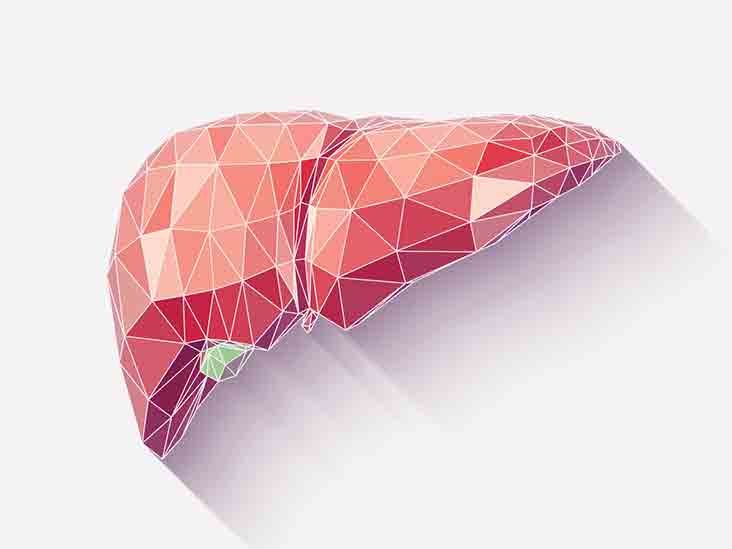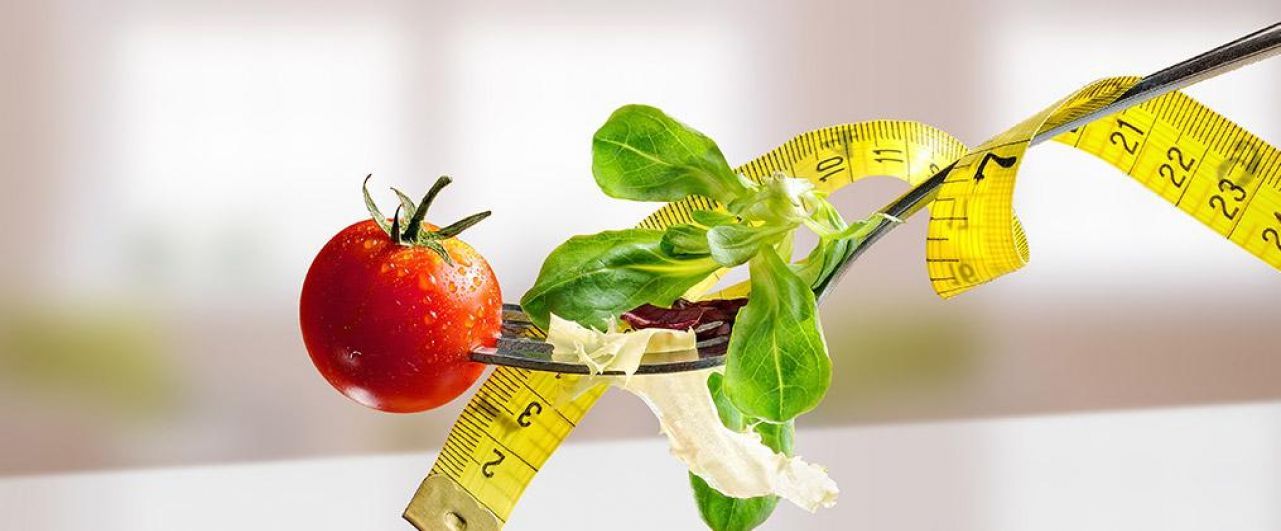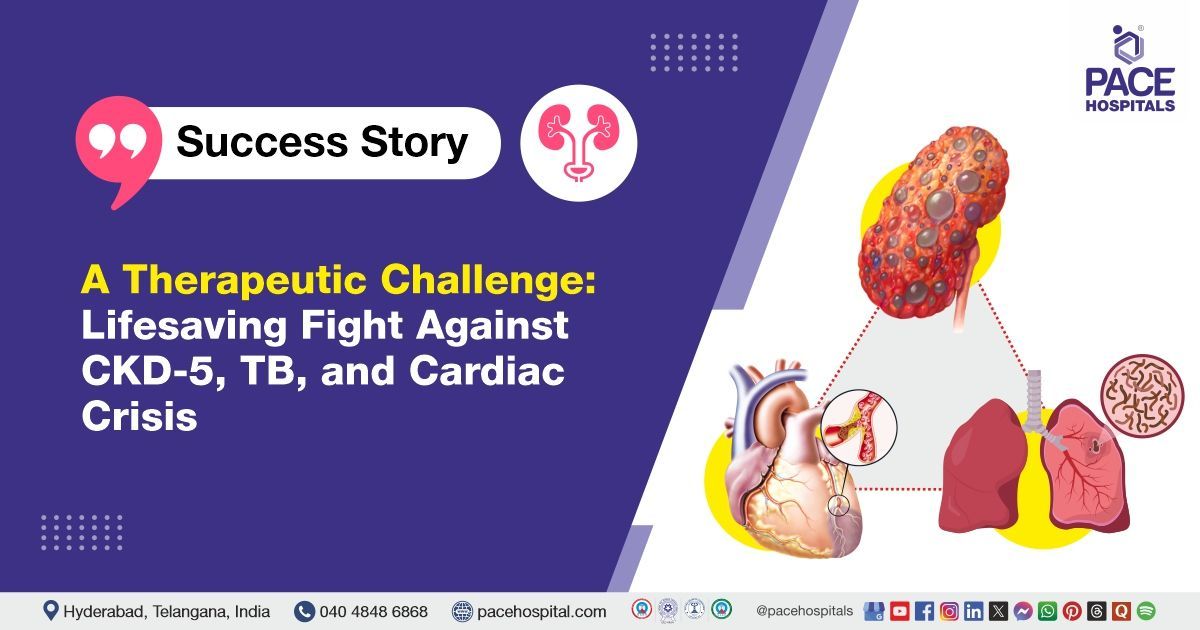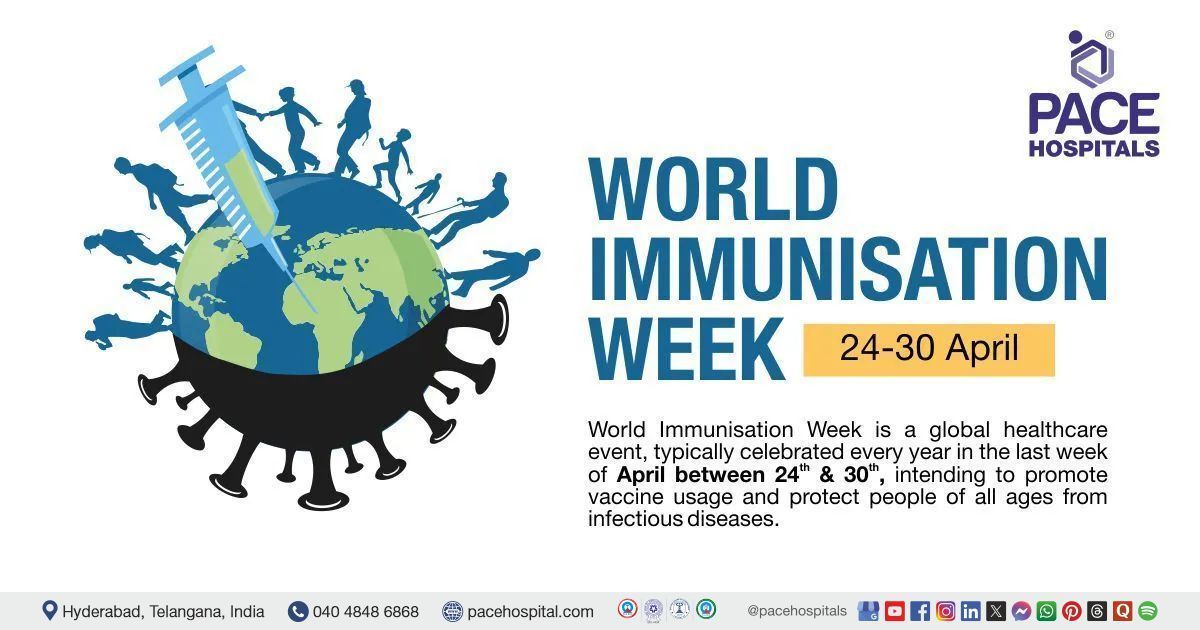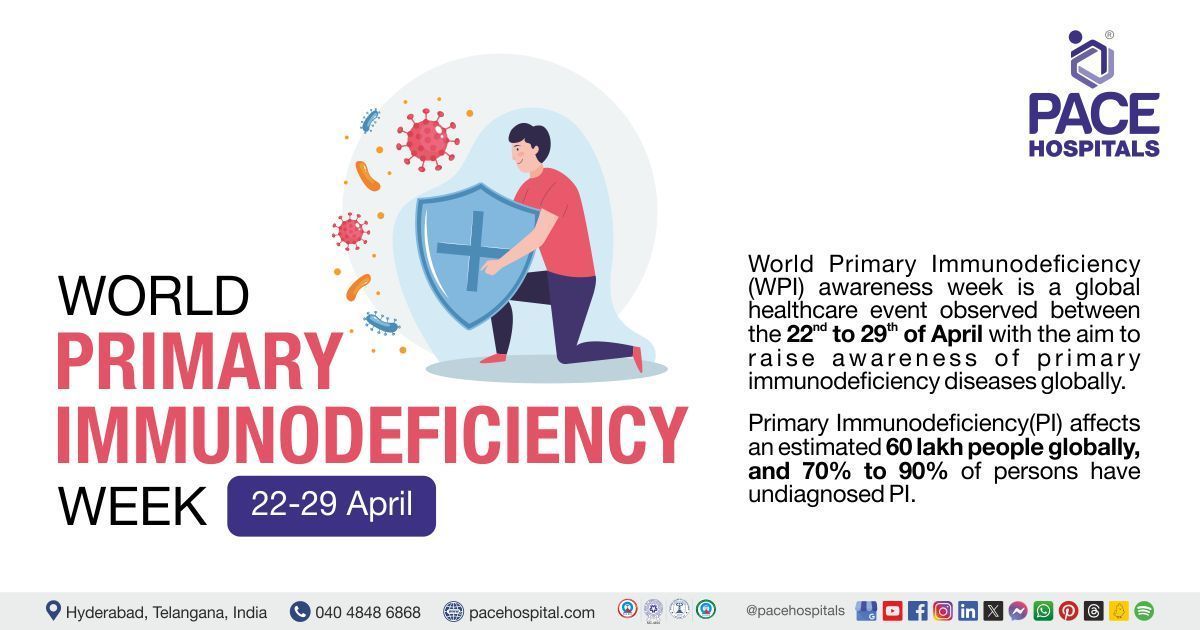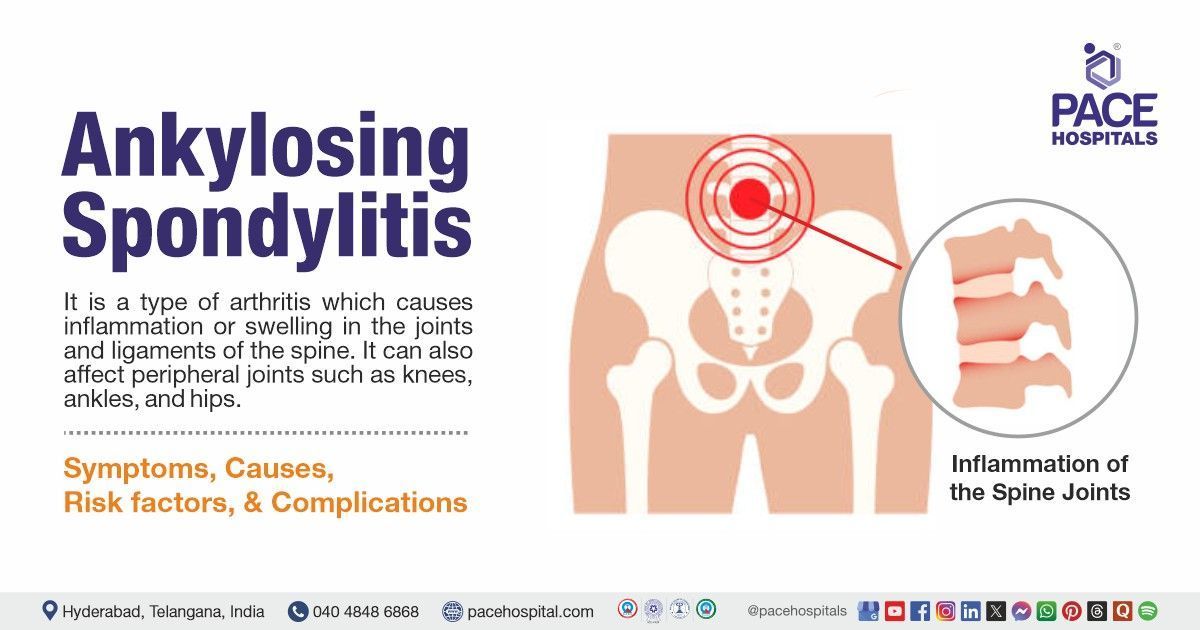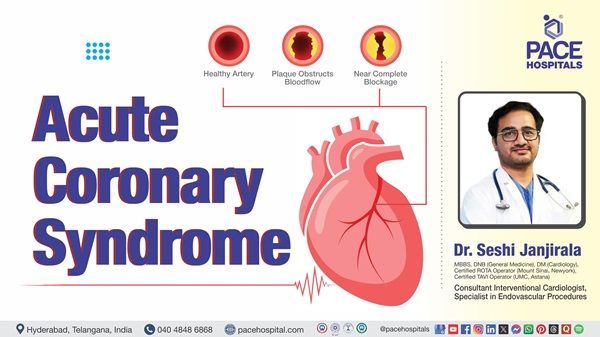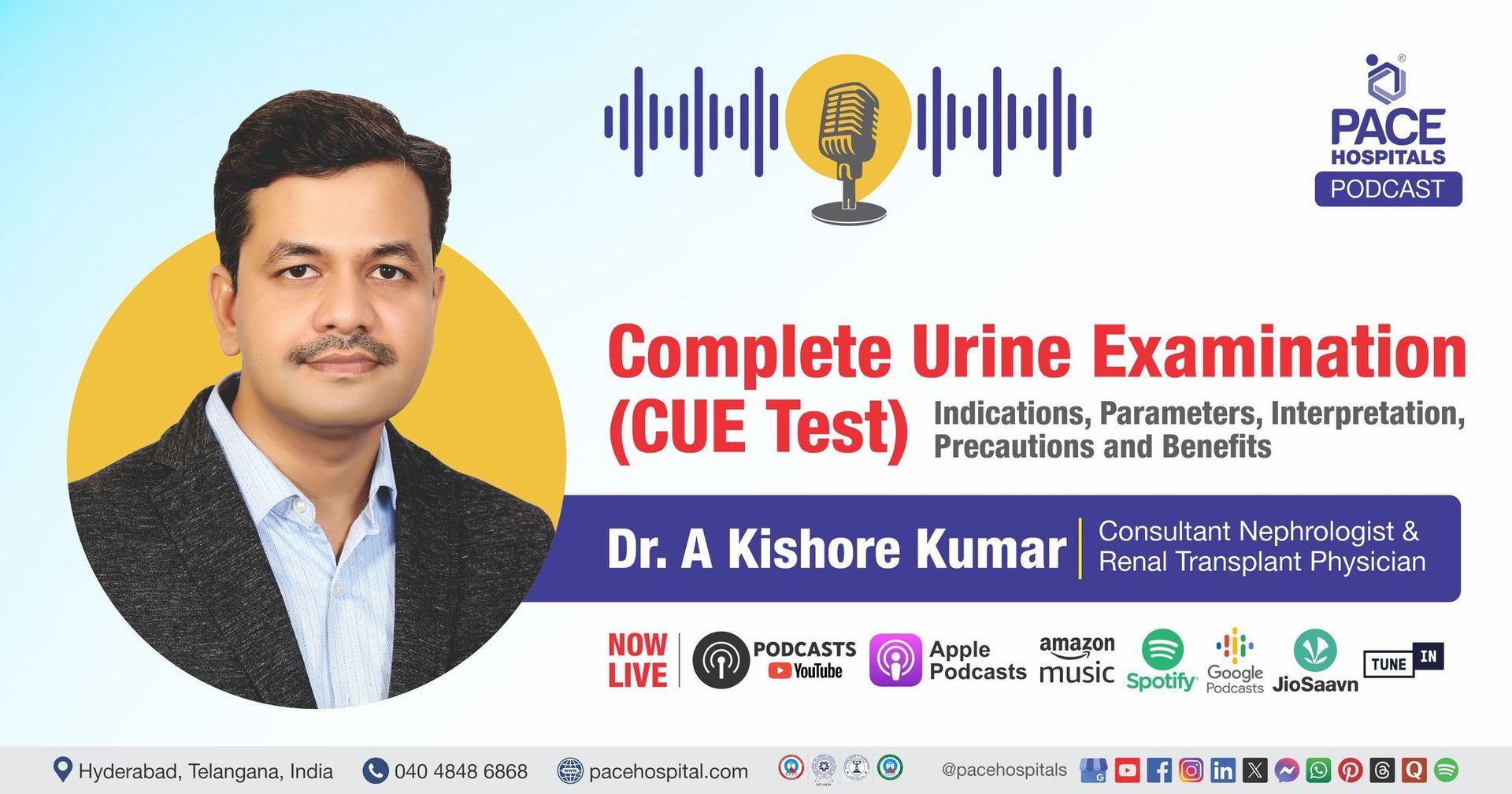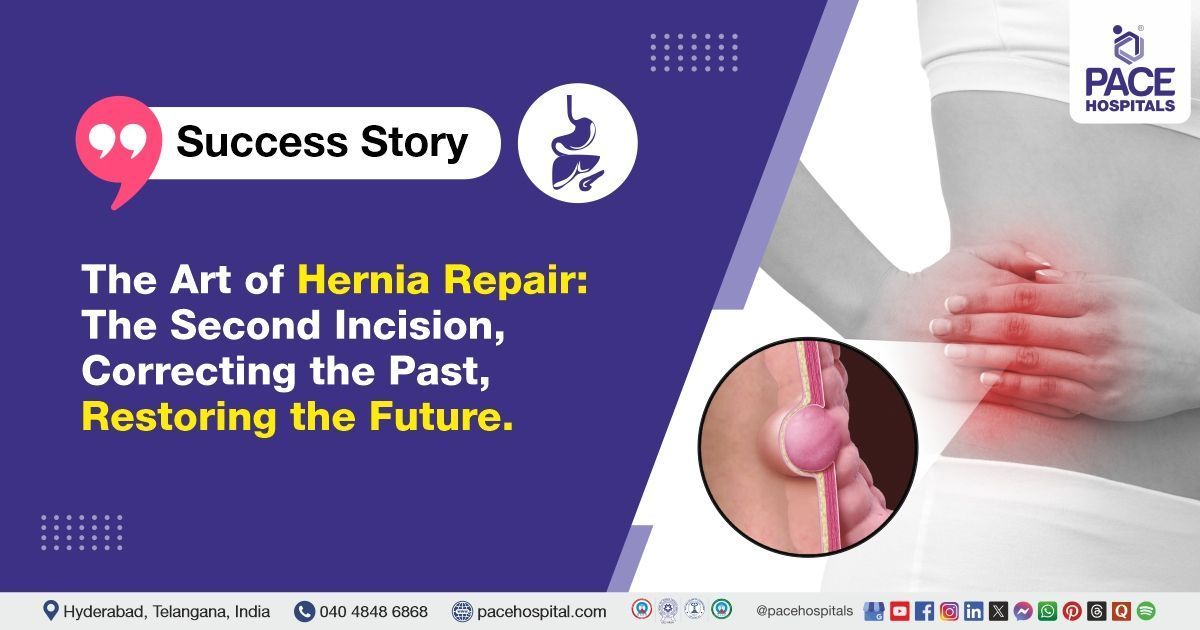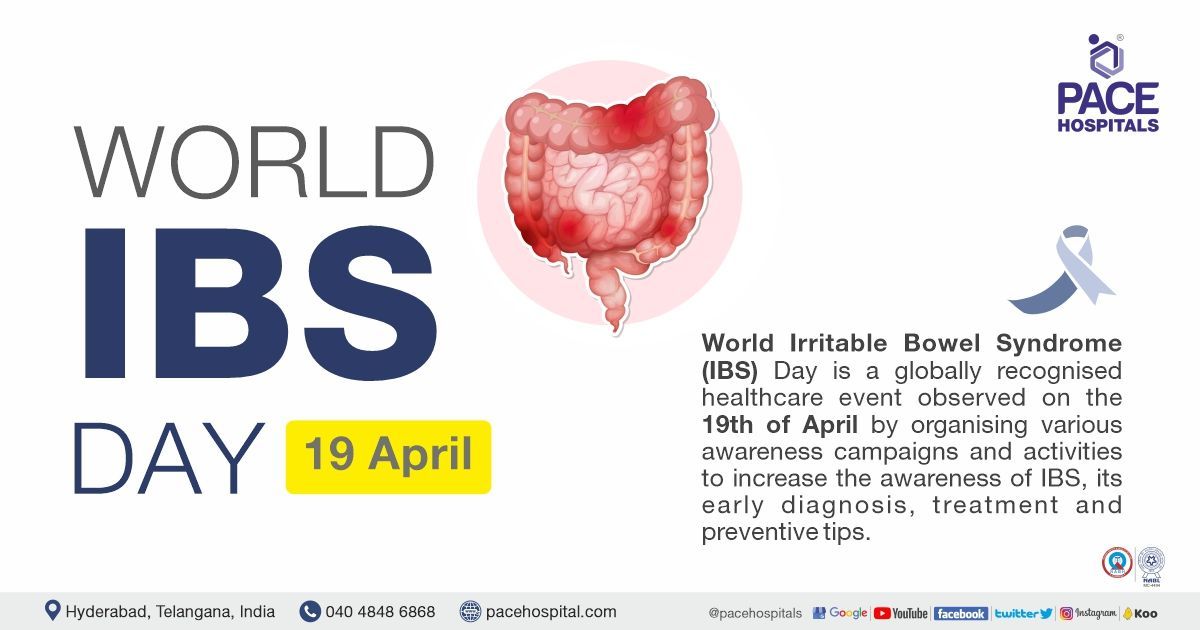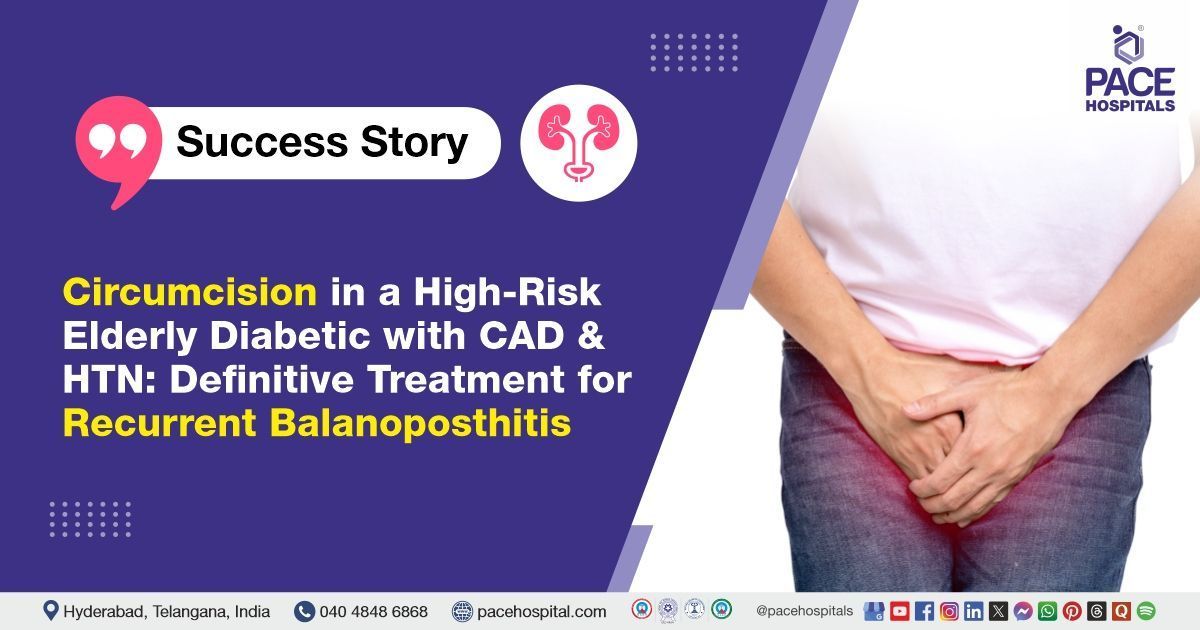Tips for a Healthy Liver
According to WHO, liver diseases are the 10th most common cause of death in India. Since the liver is a multi-functionary organ, it is susceptible to viruses, toxic substances, contaminants present in food and water.
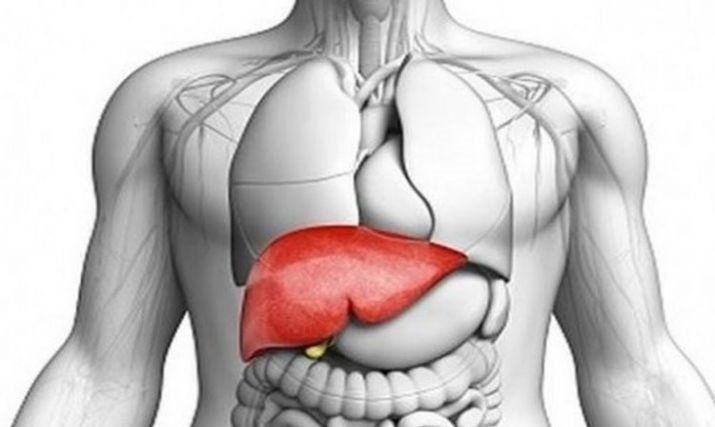
However, even when it is under siege, the liver is slow to complain as it is a tough, hardy part of ‘our body’. People with liver problems often experience few or no symptoms. While there have been major advances in treating liver diseases, there is no complete cure. The only way to manage a failed liver is to get a liver transplant.
‘The liver is one of the key organs in our body. Let us pledge to give our liver the care it needs and lead a healthy life,’
‘Liver is the largest detoxifying agent in the human body. Certain Do’s and Don’ts can ensure proper functioning of the liver and keep them healthy.’
The Do’s included:
- maintaining a healthy body weight
- regularly exercise
- having an active lifestyle
- having a balanced and healthy diet with less sugars and more of protein and fibres
- have safe food and drinking water and getting vaccinated against Hepatitis B.
Liver’s health is important because it fights infections and illness, it regulates blood sugar, it removes toxic substances from the body. The liver is the second largest organ in the body. It has a complex structure and function, playing a key role in the digestive system of the human body. The liver processes all the food and liquid intake, including medication. Therefore it is impossible to survive without the functioning of the liver.
Liver diseases can be caused by Hepatitis A, B, C, alcohol and drugs. Viral Hepatitis occurs due to consumption of contaminated food and water, unsafe sexual practices and drug abuse. If not treated timely, these can lead to Liver Cirrhosis and Liver Cancer.
There has been a revival of interest in liver cancer, medically referred to as Hepatocellular cancer. This is because it is now the fifth most common cancer claiming millions of lives annually. Recently the methods of its detection and specific treatment modalities have led to the cure of many.
The importance of checking and screening for Hepatitis B and C therefore cannot be over emphasised. Superior technology, such as triple-phase contrast enhanced CT scanning and MRI lead to higher pick-up rates of even smaller tumours.
‘One can detox the body for liver cleansing by eating garlic, grapefruit, carrot, green leafy vegetables, apple and walnuts, use olive oil, take lemon and lime juice and green tea, coffee, prefer alternative grains (Quinoa, Millet and Buckwheat), add cruciferous vegetables (Cabbage, Broccoli and Cauliflower) and use turmeric in food.’
Prevention of liver disease
- adopting healthy lifestyle habits
- maintaining a healthy diet
- eating foods from all the food groups: grains, protein, dairy products, fruits, vegetables and fats, eating foods that have lot of fibers such as fresh fruits and vegetables
- whole grain breads, rice and cereals, ensuring safe blood transfusions to avoid contracting Hepatitis A, B, C, washing hands after going to the bathroom
- avoiding tap water when traveling and regular exercise to keep your liver healthy
1. Reduce alcohol
We are often told that too much alcohol is bad for us, and you may have wondered when sipping a glass of wine or beer how alcohol affects your liver. Your liver can cope with drinking a small amount of alcohol. However, the liver can only handle a certain amount of alcohol at any given time, so if you drink more than the liver can deal with by drinking too quickly, or drinking too much over a short period of time, the liver cells (hepatocytes) struggle to process it.
When alcohol reaches the liver, it produces a toxic enzyme called acetaldehyde which can damage liver cells and cause permanent scarring, in addition to other organs such as the stomach lining causing gastritis or peptic ulcer disease.
If you continue to drink excessively, either through binge drinking or by having multiple drinks on a daily basis, the consequences include destruction of liver cells, a build-up of fat deposits in your liver (fatty liver), or liver inflammation (alcoholic hepatitis), permanent scarring (cirrhosis) or even liver cancer.
Guidelines for low-risk weekly alcohol consumption suggest up to 11 standard drinks in a week for women, and up to 17 standard drinks in a week for men. Drinking no more than six standard drinks on a single occasion reduces the risk of alcohol-related injury arising from that occasion. Drinking more than six standard drinks on any one occasion is regarded as binge drinking.
Remember it is the amount of alcohol – not the type – is what matters.
Keep in mind that alcohol can have varying effects on you depending on: age, gender, mental health, drug use and medical conditions, so balance a glass of your preferred alcoholic beverage with some thought about the associated risks.
2) Maintain a healthy weight
Of those classed as obese, approximately 30 per cent will have fatty liver disease or non-alcohol fatty liver disease (NAFLD), putting them at high risk of liver scarring (cirrhosis), liver failure and liver cancer.
If you carry any excess weight around your middle, it can cause insulin resistance which often leads to fatty liver disease. Measure your middle and keep it at a healthy circumference.
Men should maintain a waist of less than 102cm (40 inches) and women, less than 88cm (35 inches). Exercising and eating a diet that’s low in fat and high in fibre, vitamins, antioxidants and minerals will help you maintain a healthy weight and liver.
Doing any physical activity is better than doing none. If you currently do no physical activity, start by doing some, and gradually build up to the recommended amount. Guidelines recommend 150 to 300 minutes (2 ½ to 5 hours) of moderate intensity physical activity or 75 to 150 minutes (1 ¼ to 2 ½ hours) of vigorous intensity physical activity each week. Aim to start with a brisk 30-minute walk each day.
3) Avoid fad diets
Fad diets that make your weight yoyo can put excessive stress on your liver. Avoid any products that promise large amounts of weight loss in an unrealistically short period of time. Aim to lose weight at a healthy rate of ½kg-1kg per week. Liver cleansing and detox diets should also be avoided. Contrary to popular belief, no particular diet is liver cleansing, but a healthy diet improves well being.
4) Have a regular Health check up
- A blood test is the best way to keep a keen eye on the levels of cholesterol and glucose in your blood – all of which are associated with fatty liver disease. Too much glucose can be an indication that you have impaired glucose tolerance or diabetes – in both cases you’ll need to carefully control your blood sugar levels through diet, medications and/or weight loss. Seventy per cent of people living with Type 2 diabetes (T2DM) develop NAFLD yet three quarters of T2DM patients with NAFLD have normal liver function tests. In this condition, blood tests are not sufficient to diagnose NAFLD and further tests such as fibroscan are advisable.
- Have you ever experimented with intravenous drugs? Did you have a blood transfusion, or organ transplant prior to 1992? If so, make sure you get tested for hepatitis.
- Less commonly, toothbrushes, razors and other personal care items can also transmit hepatitis B or C, so don’t borrow, or share yours with anyone. Household contacts of people living with chronic hepatitis B should be offered the hepatitis B vaccine. There is no vaccine for hepatitis C.
- If you currently use intravenous drugs, don’t share needles.– Body art, piercings, and tattoos are all forms of self-expression. However, inadequately sterilized tools, reused needles or contaminated inks could expose you to hepatitis B or C infections. Because piercing and tattoo equipment can come into contact with blood, it is important to ensure your service provider takes the proper infection control precautions between clients.
5) Be aware of drug safety
With easy access to health information via the internet, you may be tempted to self-diagnose and treat your own health problems. But by not consulting a doctor, you may be putting yourself at risk for potentially hazardous side effects that can result when certain medications and/or supplements are combined. As the main organ that detoxifies most drugs, herbal remedies and vitamins, the liver is vulnerable to the toxic consequences of self-medicating.
In recent years, herbal remedies such as Kava have made headlines for their harmful effects on the liver, yet it is only one of many herbal remedies that can cause liver toxicity. There have also been concerns about the potential for accidental overdosing with paracetamol when several products containing this drug (ie. cold remedies and pain medication) are taken at the same time.
People may not realize that any medication – herbal or pharmaceutical – undergoes important chemical changes when processed by the liver. While the original product might not be considered harmful, the resulting by products may be toxic to the liver. Also, the interaction of one medication with other medications, or when combined with alcohol, may cause complications for otherwise healthy people. Those who already have liver problems have to be especially careful and may not be able to take even the most ordinary over-the-counter remedies to treat common ailments like headaches or cold.
Share on
Request an appointment
Fill in the appointment form or call us instantly to book a confirmed appointment with our super specialist at 04048486868

